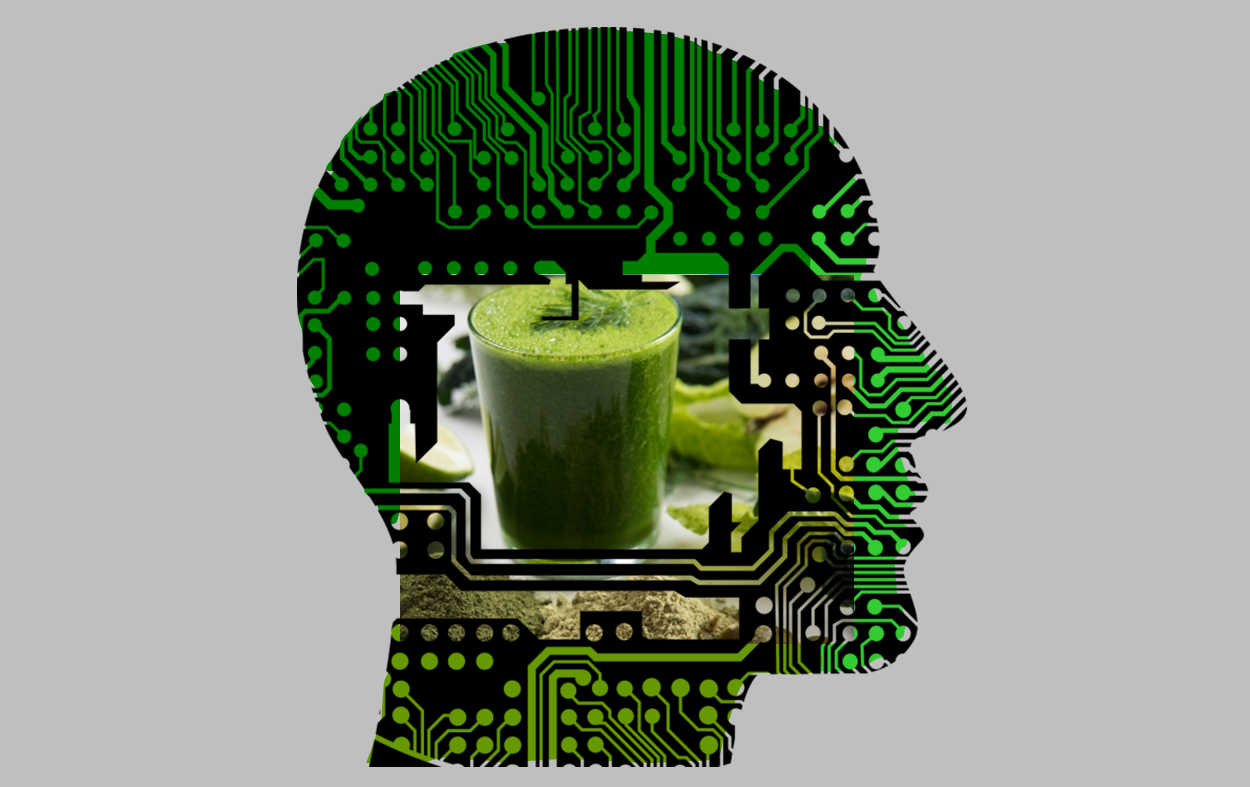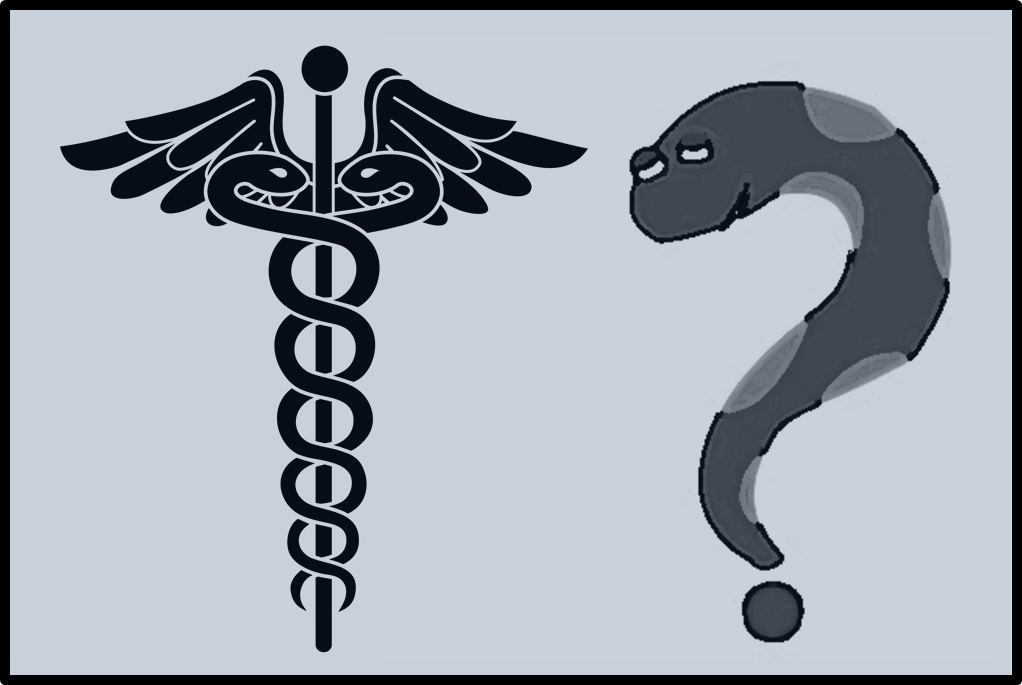Brian is a young, charming, intelligent professional who graduated from an Ivy League business school. His strong desire to challenge himself and his motivation to succeed have made him the CEO of a small but popular start-up company in San Francisco. However, Brian suffers from general anxiety and obsessive-compulsive disorders, which have worsened ever since his company took off. After trying a variety of antidepressants and anti-anxiety drugs, Brian decides to schedule an appointment with a psychedelic therapist.
“Brian, good to see you! Please come in.” Said Dr. Talbert Doffman, one of the most reputable psychedelic therapists in the state. “I reviewed your file – we have many patients like you. We’ll start you off with psilocybin, a naturally occurring psychedelic compound found in mushrooms.” he added.Continue reading…
People eat organic food for many reasons. Some people think it’s healthier. Some say it’s safer. Some just like the way it tastes. One of the most common reasons is to avoid pesticides. But is there any evidence for these ideas about organic food? Are any of these things actually true? UYBFS has the answers! Let’s start with the facts about what the term “organic” really means, in a legal sense, in the United States.
- What does “organic” mean? For crops to be advertised as “organic,” they must be grown without the use of most (but not all!) synthetic pesticides, they may not contain GMOs, and no artificial methods may be used for ripening or sterilization. Pesticides derived from natural sources are allowed on GMO crops. For meat, “organic” means the animal was fed 100% organic food and was not routinely administered hormones or antibiotics.
- For multi-ingredient food, there are three “levels” of organic certification in the United States. 100% Organic means that the product is made form 100% organic ingredients. Organic means that at least 95% of the ingredients are organic. It’s a safe bet that the other 5% contains non-organic ingredients, because if it didn’t the company would have tried for the “100% organic” label. Finally, Made with Organic Ingredients means that at least 70% of the ingredients are organic. Again, the rest are likely not.

Pop quiz! The USDA “organic” label means that 95% of the ingredients are organic, and the non-GMO label means that the remaining 5% are not GMO. However, this remaining 5% is not necessarily organic.
OK, now that we have basics covered, one benefit you’ll often hear is that organic food is “safer” or “pesticide-free”. Unfortunately, this is not true. Damn you facts! Always busting up our preconceived notions! Here are the facts:
Welcome to Bad Science on the Internet! Here, we highlight some of the crazy and sometime dangerous stuff people post online, and then give you the facts.
The bad science: There is a viral post making the rounds on Facebook claiming that mixing tomatoes and cucumbers together is “not beneficial to your health”. Several people have asked me about this – thanks, Maureen H!
What do they claim? I’m going to quote the entirety of their argument, because it’s funnier this way:
“Tomatoes and cucumbers have different digestion time and mixing them can cause health complications. The bad food combination can trigger digestive problems such as stomach ache, gas, nausea and bloating. Cucumbers also contain a substance that destroys vitamin C in tomatoes. So it is more beneficial to our health to eat cucumbers without any additions.”
This is actually all over the internet! I found another site that claims this combination could kill you! They make no mention of how this could kill you, but they do say that you should never eat a watermelon with another kind of melon, because “these fruits were meant to be eaten alone, not in combination with any other fruit”. As if the watermelon plant’s feelings might be hurt if you mixed the flesh of it’s fruit that that of another species. That’s melon racism, and it’s not cool.
I like clean water. I suspect you do too. There are a lot of things that could end up in drinking water, and there is a tremendous amount of engineering, testing, and government oversight that goes into making sure that you and I can drink the water coming out of the faucets across this country. Of all the things that could end up in water, lead is currently on most people’s minds, because of what has happened in Flint, MI, where dangerous levels of lead and other contaminants have made the local water undrinkable since 2014.
The Flint water crisis is a horrific example of government corruption, environmental racism, and a total disregard for public safety. It is especially chilling because it involves one of the most basic resources that we all take for granted: water. Since the crisis began in 2014, Flint residents have suffered from chemical burns, Legionnaires Disease, and, most famously, lead poisoning – and as of this writing they still don’t have clean drinking water coming from their taps.
All of this is why the recent advertisement from PUR seems so cynical, cruelly manipulative, and shockingly misleading. PUR is attempting to profit off a humanitarian crisis using the very reasonable fear of water insecurity, while ignoring the very basic science that renders its claims absurd.
So let’s get to the facts.
It seems like there are dozens of types of doctors these days. What is a “real” doctor? What type of training do they have? Can they prescribe you medicine or even give you useful medical advice based on reality? Here’s a run-down of your options.
 Medical Doctor (M.D.)
Medical Doctor (M.D.)
Requirements: Four years of medical school, plus 3-7 years of residency. Residency is time spent working under more experienced physicians after medical school.
M.D.’s are medical doctors trained in allopathic (or modern science-based) medicine. They have the ability to write prescriptions, perform surgeries, etc.
Verdict: Definitely “real” doctors.







